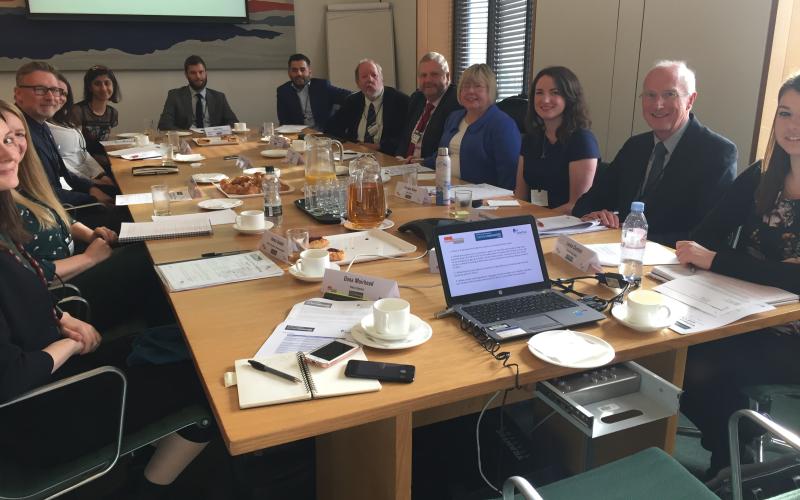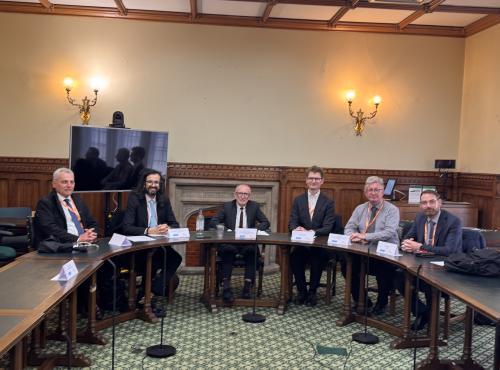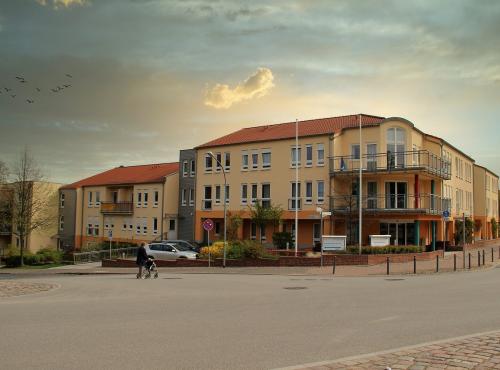APPCOG Encourages Collaboration to Support People Vulnerable to CO Poisoning and Fuel Poverty
On 22 October 2018, the All-Party Parliamentary Carbon Monoxide Group (APPCOG) hosted a Parliamentary roundtable on fuel poverty and the relationship it has with carbon monoxide (CO) poisoning. It was chaired by APPCOG officer Liz Twist MP and kindly sponsored by Gas Tag.
Experts at the roundtable made four key findings surrounding the delivery of schemes designed to alleviate fuel poverty, and thereby reduce the risk of CO poisoning:
- Companies delivering fuel-poverty schemes often struggle to find the data necessary to find more households eligible for support;
- Partnerships between scheme providers and frontline organisations (such as charities) can be effective at increasing uptake of fuel-poverty schemes, due to frontline organisations' links and strong reputation with local households;
- Vulnerable customers are less aware of CO’s risk factors, and many don't know about support schemes such as the Priority Services Register, Fuel Poor Network Extension Scheme, and Energy Company Obligation; and
- Some landlords are not fulfilling their obligations to regularly service gas appliances or install CO alarms, which is putting their tenants at risk of CO poisoning.
From this, the roundtable identified three policy changes which could increase uptake of fuel-poverty schemes and reduce the risk of CO poisoning:
- Government should audit the types of data held regarding people in fuel poverty and vulnerable circumstances, with the aim of streamlining referral pathways and improving the targeting of fuel-poverty schemes.
- Ofgem should encourage more partnerships in the next RIIO price control period, with a particular focus on tackling fuel poverty and improving messaging around CO.
- Government and industry should increase investment in public awareness campaigns for CO and fuel-poverty schemes, which should be delivered through a joined-up approach involving Industry, government, fire and rescue services and fuel-poverty organisations.
The roundtable followed a report by National Energy Action that identified a correlation between a household being in fuel poverty and the risk of CO poisoning. Attendees of the roundtable included Parliamentarians, civil servants, fuel-poverty campaigners, members of the CO community, frontline emergency services, and researchers. We want to thank all our speakers and participants for such a fruitful discussion, as well as the event’s sponsor Gas Tag.
If you have questions regarding the roundtable, or are interested in future events and research, you can email us georgina.bailey [at] policyconnect.org.uk (here) or call us at 020 7202 8586. A full event briefing is also available to download here.





